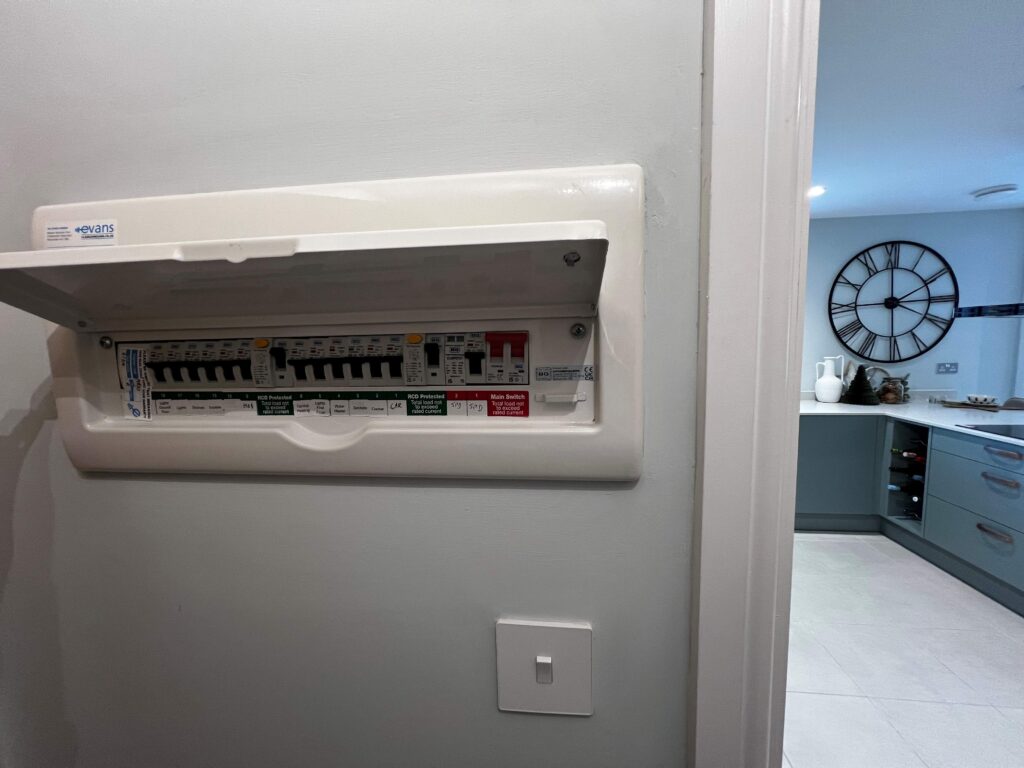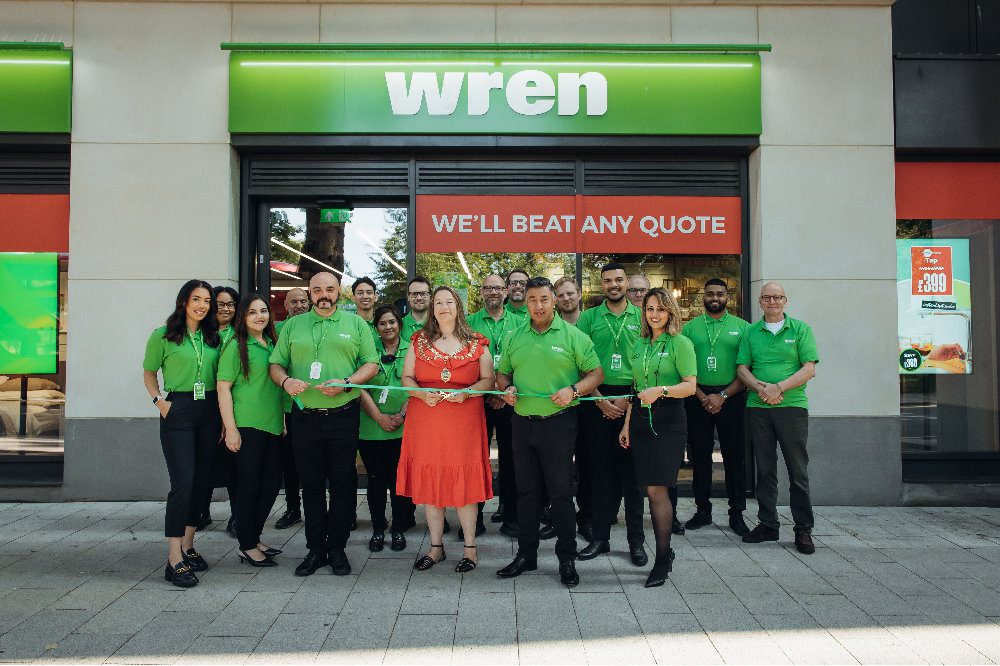Chris Tremlett from UK Property finance provides an insight in to Property Auctions for beginners
Auctions have been a method of bringing products to market for centuries. They really haven’t changed much in years past, if you discount the introduction of telephone and internet bids. They usually take place in hotel conference rooms and attract a large crowd. Their sales list mainly comprises of properties needing full refurbs or larger redevelopment. Investors fill the room at the possibility of a large return on investment (ROI). The crowds are mixed with novices to seasoned bidders, but the adrenaline levels are unanimous. Understanding the potential risks and offering some useful tricks to implement in the heat of the moment, this article will hopefully make your first experience less stressful.
‘Proper planning prevents…’
It goes without saying that proper planning prevents poor decision making – to coin a phrase. The risks at auction are real so without careful preparation it can lead to instant buyers regret. You would be mistaken for thinking that investors always make good purchases. In the intensity of a room filled with property entrepreneurs, bravado and ego have a habit of bumping up prices above market value.
Getting carried away with the bidding decimate yields and ROI in seconds. Researching the property is key, so before the lot is presented ask the following questions:
What are other properties worth in the area? How much will it cost to bring this property to a good condition? What will it be worth when the work is done? How long will this project take?
Budgeting
It is also important to remember that when a property is listed with a ‘Guide Price’ this is NOT the guide to what it might sell for, this is a guide to what the seller has reserved on property. The guide price shouldn’t be used to estimate your budget or maximum spend. Estate agents can offer a much more accurate representation of the current valuation and how much it will be worth when the renovation has finished. Agents will certainly help if they believe the property will be remarketed once refurbished
The scale of work is always best identified in person. The auction houses will offer an open day on their properties so you inspect the scale of the projecting being undertaken. Arrive early at the open day so you have plenty time to inspect every aspect carefully.
Faster financing
Once a good investment has been identified you will need to apply for your property auction finance. Applications to lenders will need to be swift so you can prove affordability. Mortgages by nature can take their time processing. A valuation will need to be carried out on the property before a lender can issue a mortgage offer. The auctioneers set a deadline of 28 days to complete from the bid being successful so the mortgage provider will need to be prepared to deal with this. The valuations carried out by a RICS qualified surveyor can take any time from 1 to 3 weeks so bare this in mind.
A 10% deposit of the purchase price will be required if the bid is success which is difficult if you’re working to tight margins. The deposit can be seized if the full funds are not in place before the deadline.
A popular option among investors to secure a property at auction is a bridging loan. This is a short-term finance option. Although the interest is higher, the application can take just 24 to 48 hours to complete so the property can be bought before the auctioneers purchase date expires. For ‘flipping’ projects this is ideal because the finance term is usual 12 months meaning the project should be completed before the end of the loan term. Rates starting from 0.44% can be researched with ease using a bridging loan calculator.
Be a step ahead with the ‘legals’
When a property is put up for auction the sellers will provide a legal pack of documents to any prospective buyers. This will identify any red flags before proceeding. The documentation will contain the information such as title deeds, land registry forms and local searches. It will highlight any special conditions of sale, legal covenants and planning permission documents that could be a risk to your redevelopment project. A solicitor or more specifically a conveyancer can go through this with a fine-tooth comb and translate the legal jargon into understandable language. The risk of buying a property and finding out after purchase there is a covenant of usage would be devastating so instruct a trusted solicitor before the auction.
These simple steps can maximise your return of investment and help prevent any nasty surprises further down the line. Auctions have been a proven method of buying property successfully for many years and this is reflected in their increasing popularity. Begin today by checking your affordability of property auction finance.











